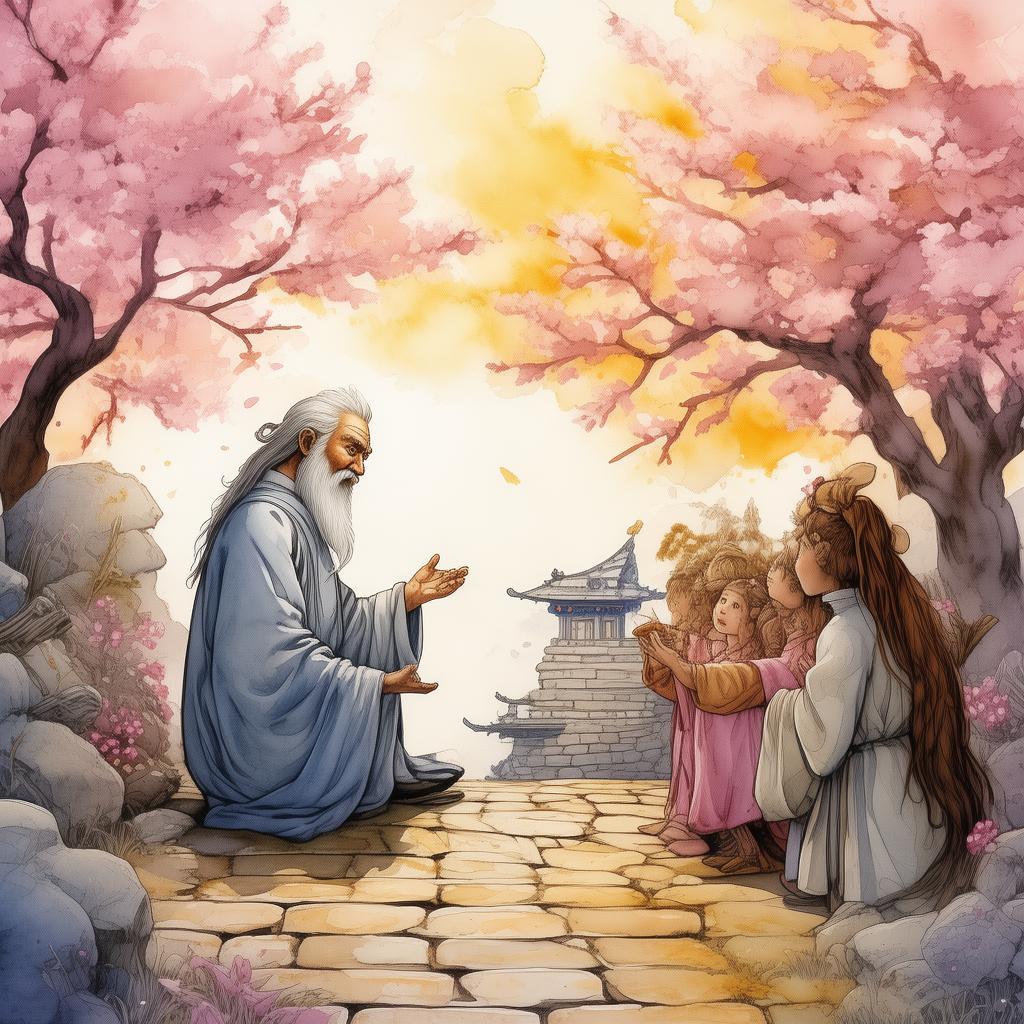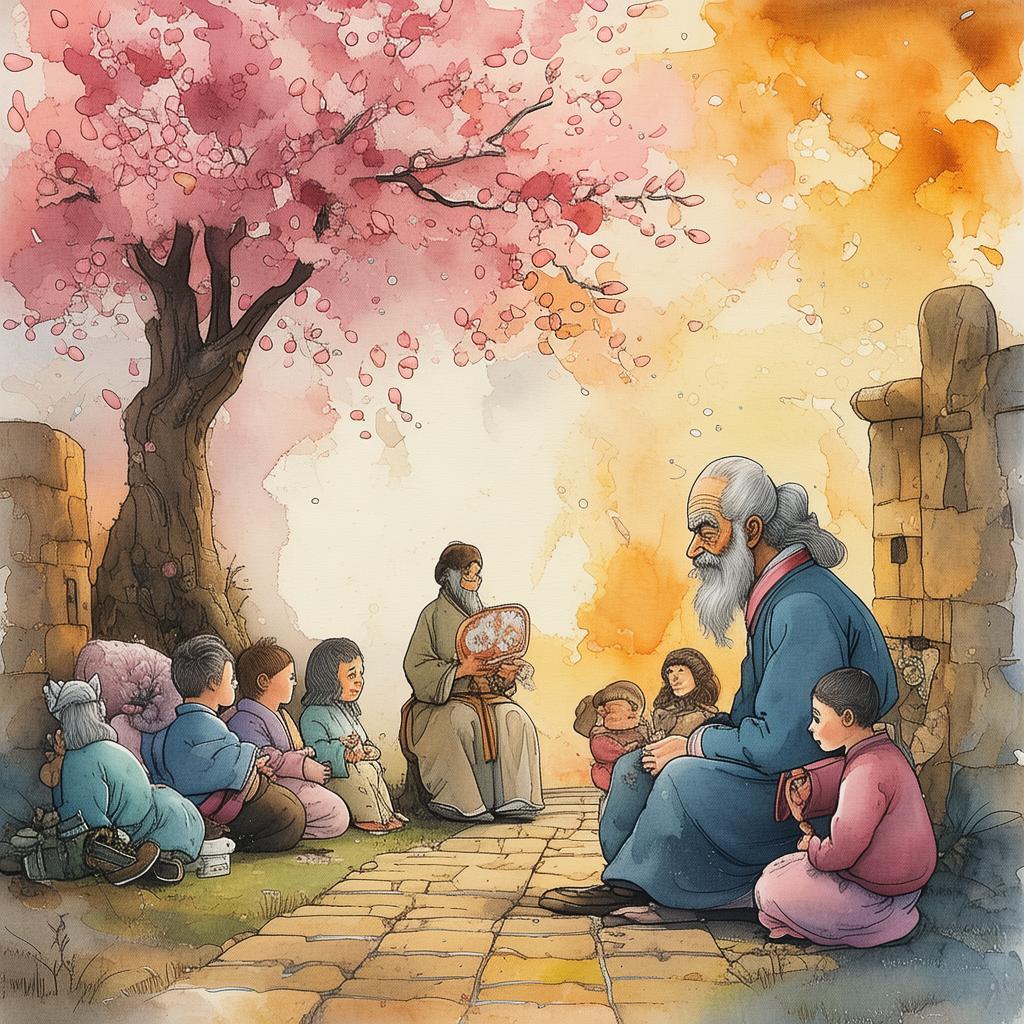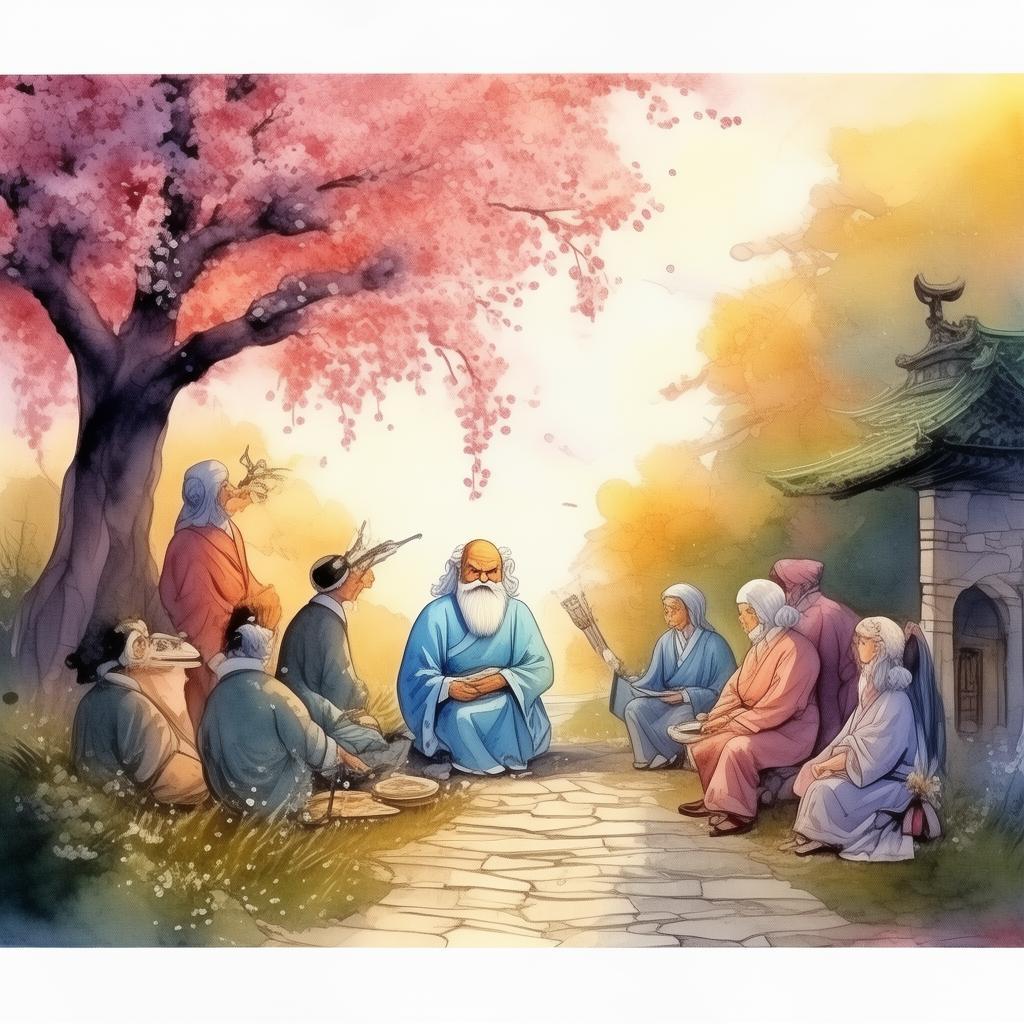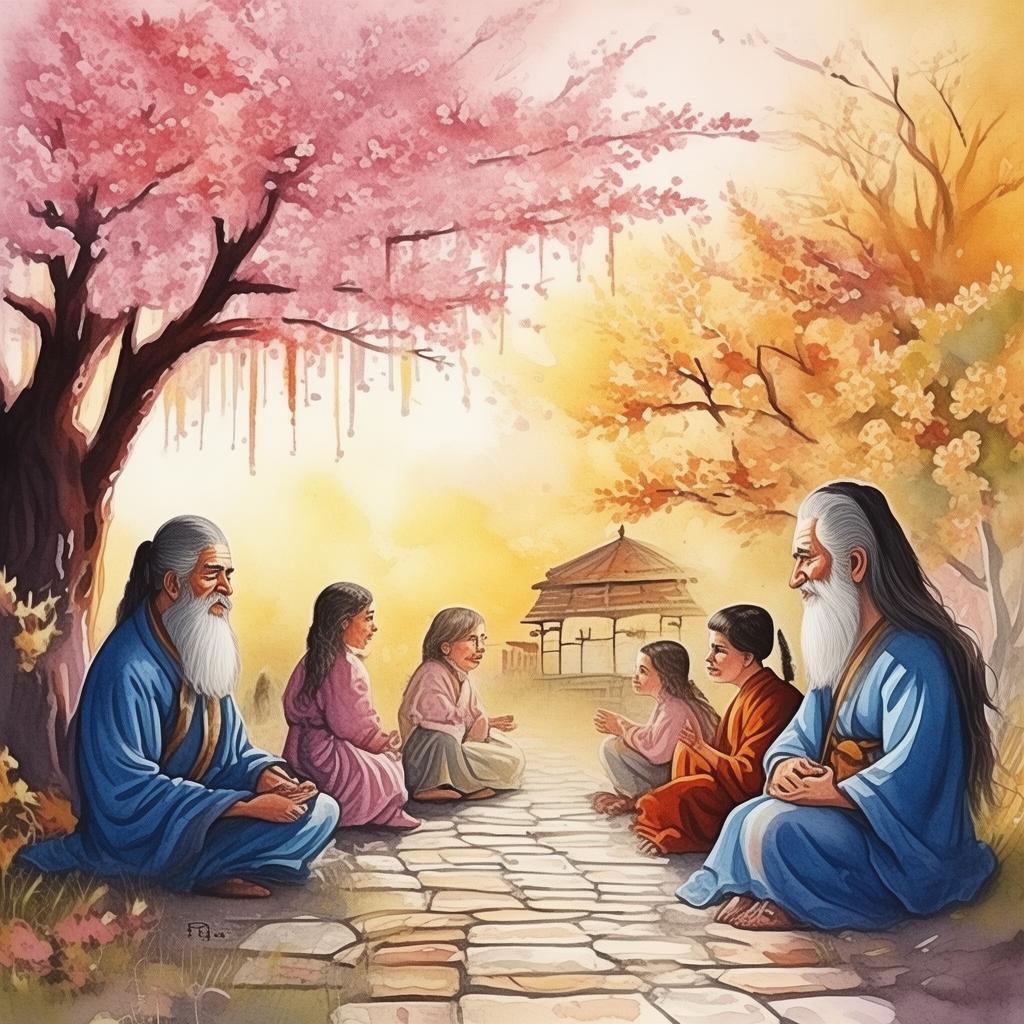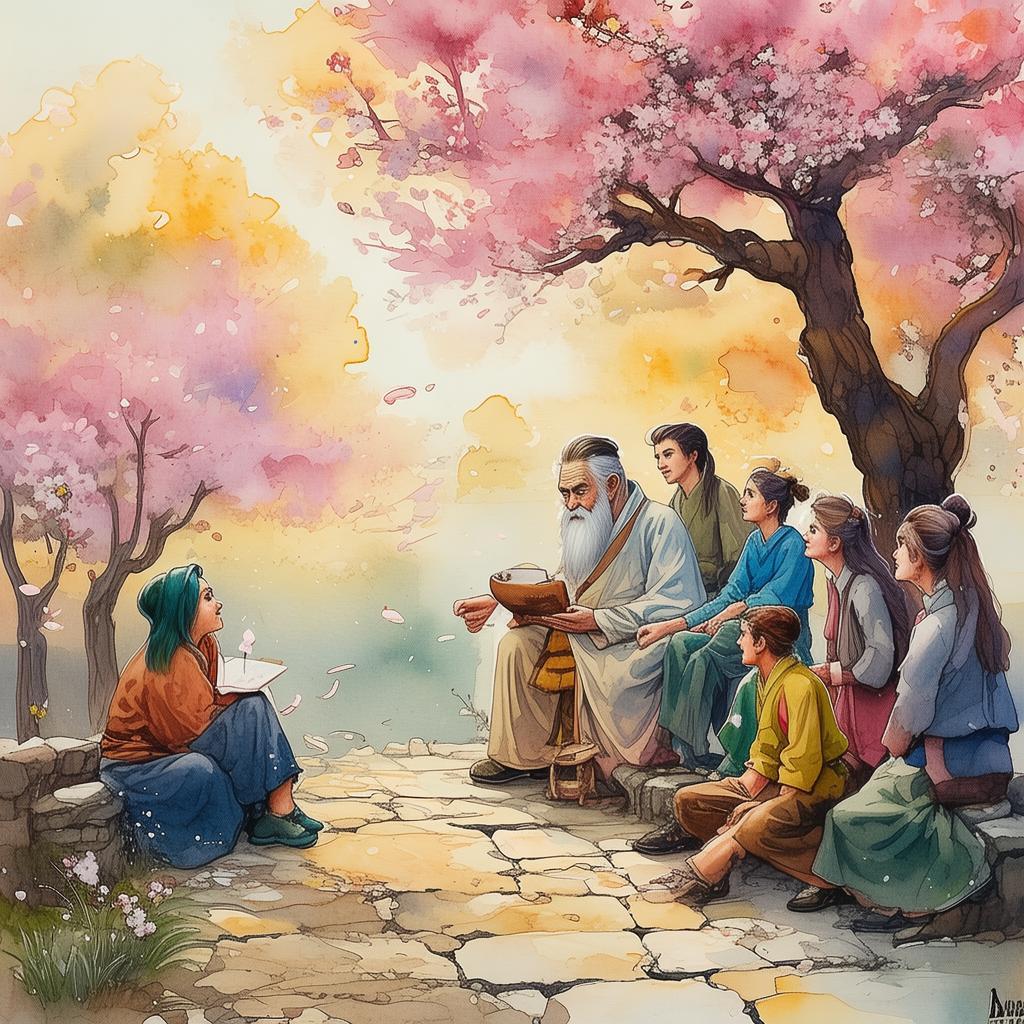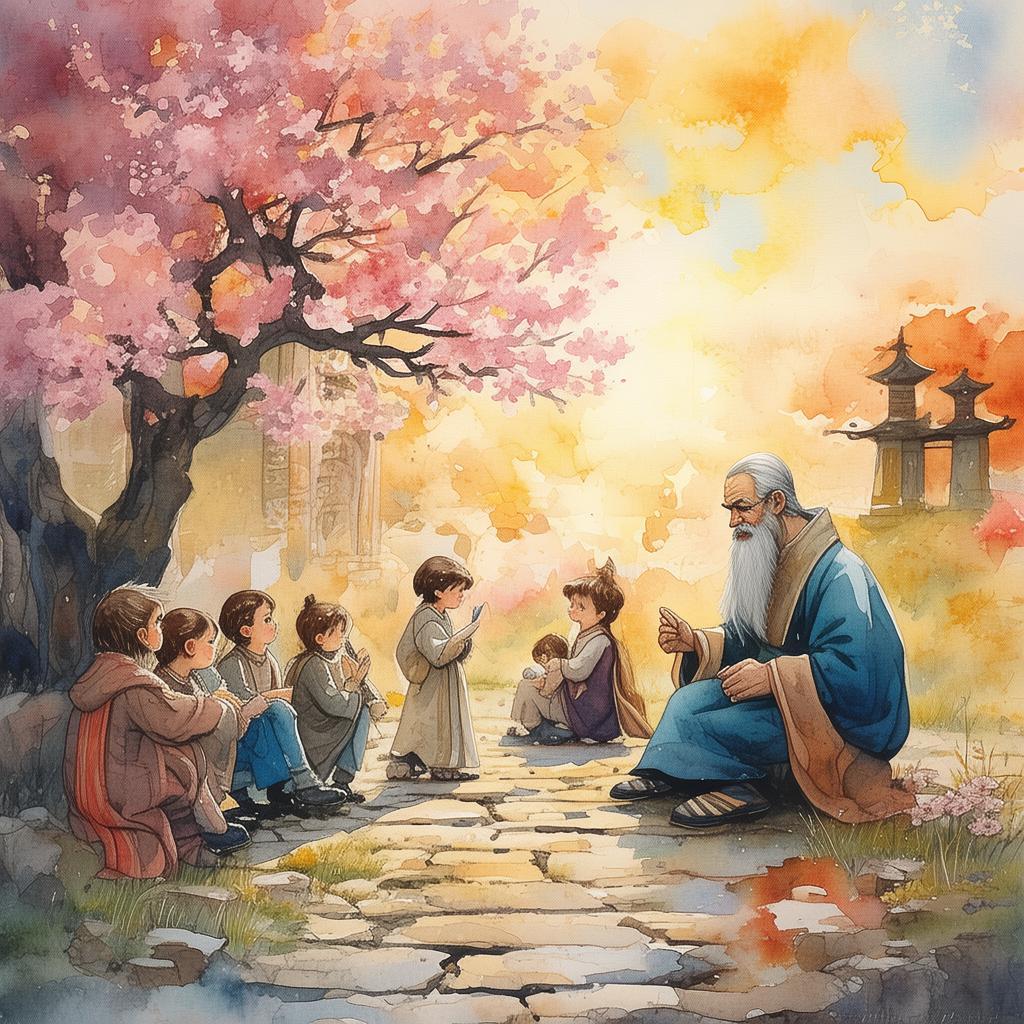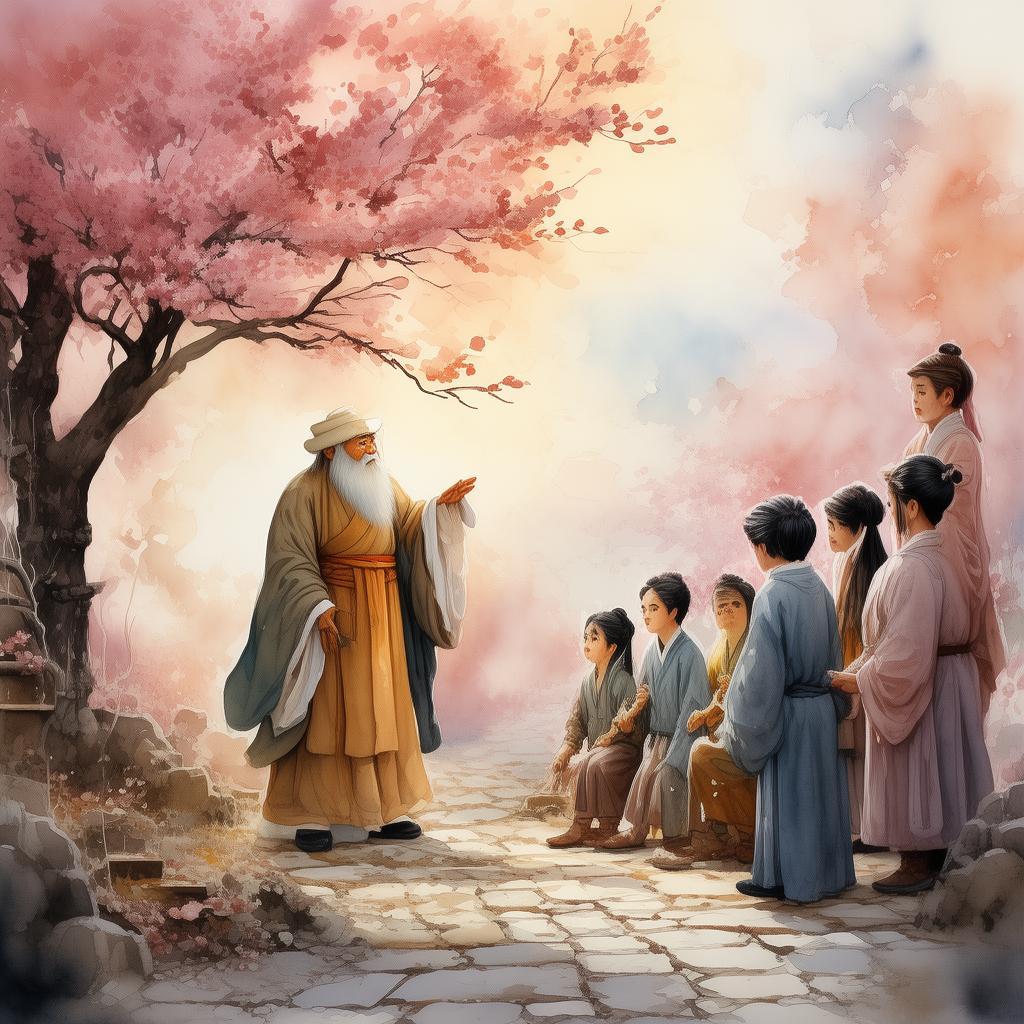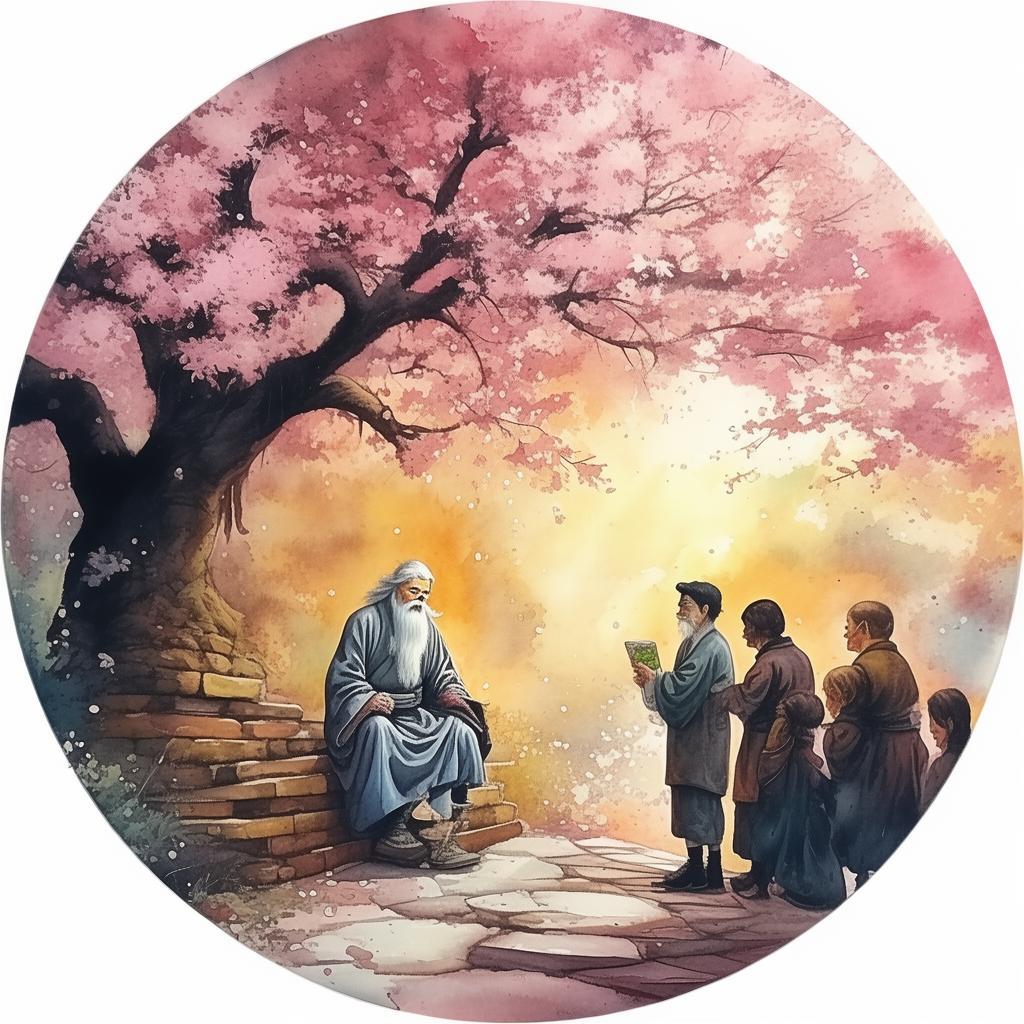Engineered Virtue: The Unraveling of the Ethical Paradox
In the bustling metropolis of NeoTech City, nestled amidst towering skyscrapers and a sea of neon lights, there stood a gleaming, futuristic research facility. It was the birthplace of groundbreaking innovations and the sanctuary of a young engineer named Dr. Liang Chen. A prodigy in his field, Dr. Chen had dedicated his life to the pursuit of technological advancement, guided by a single, unyielding principle: to create not just machines, but machines that would improve humanity's quality of life.
The latest project at NeoTech, codenamed "Ethereal," was a marvel of modern engineering. It was an AI-driven prosthetic limb that not only restored physical function but also allowed its users to experience a simulated sensation of touch, a breakthrough that promised to revolutionize the lives of amputees worldwide. Dr. Chen was the lead engineer, and his name was on the patent that would soon change the course of medical history.
The development process had been fraught with challenges, but Dr. Chen's dedication to excellence had never wavered. One evening, as he reviewed the final prototypes, a moment of clarity struck him. He realized that Ethereal had the potential to become more than just a prosthetic; it could be a beacon of hope for countless individuals.
But then, a shadow of doubt crept in. As he delved deeper into the ethical implications of his creation, Dr. Chen discovered that the simulated sensation of touch could be manipulated, potentially leading to moral dilemmas for the users. Could he, in good conscience, allow a device to make its users believe they were touching something that was, in reality, cold and artificial?
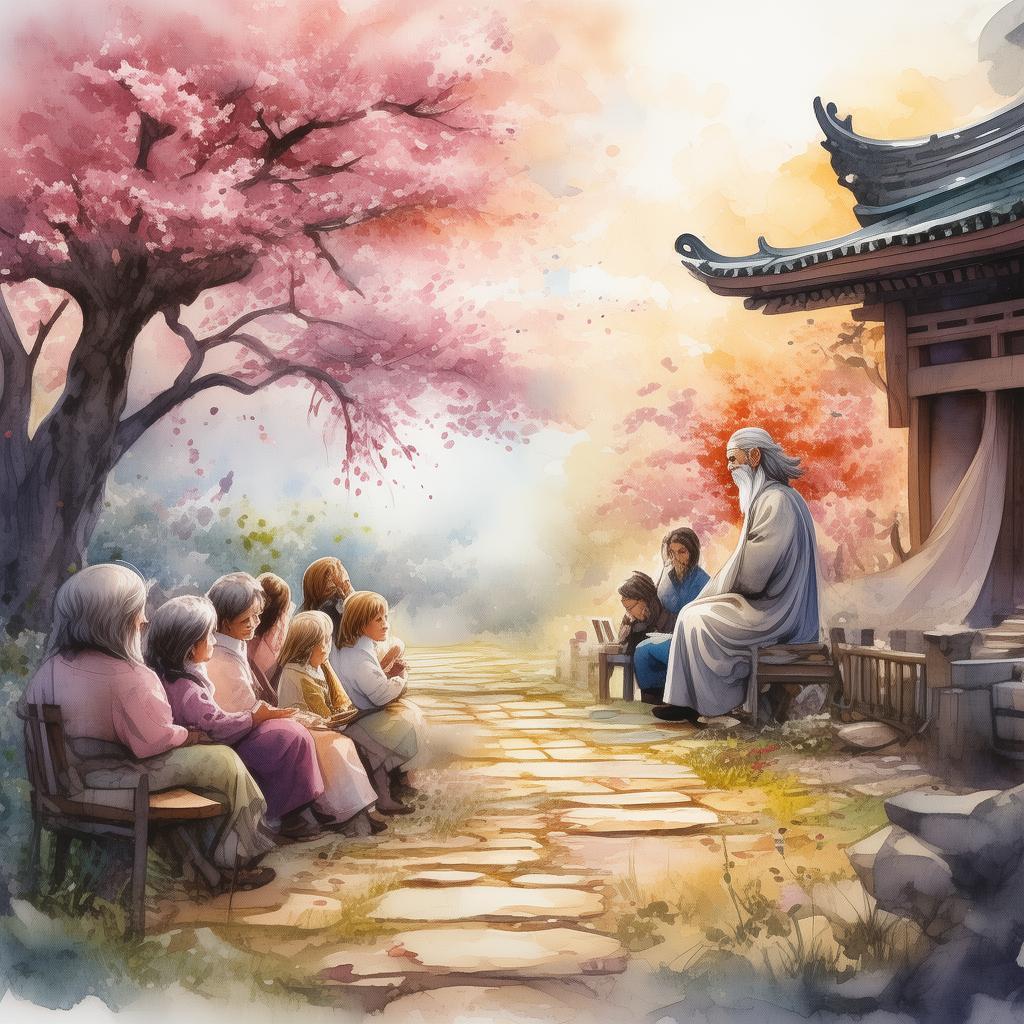
The question gnawed at him, and he sought the advice of his mentor, Dr. Wei, a wise and seasoned engineer who had seen the best and worst of innovation. "Liang," Dr. Wei began, his eyes reflecting the wisdom of years, "the pursuit of knowledge is a noble quest, but it must always be tempered with ethics. What is the true purpose of Ethereal? Is it to restore physical ability, or to deceive the senses?"
Dr. Chen knew the answer, yet he struggled with the decision. He envisioned the joy on the faces of children who could play without the stigma of their disability, the peace of mind for those who had lost limbs in war, and the hope for the elderly who could once again hold their grandchildren. But he also foresaw the potential for abuse, the manipulation of human emotions for gain, and the loss of innocence for those who might come to rely on the device.
As the weeks passed, Dr. Chen's internal battle grew more intense. He sought counsel from ethicists, from philosophers, and from those who had lost limbs themselves. Each voice he heard, each story he heard, only served to deepen his confusion and the moral paradox that lay at the heart of Ethereal.
The climax of Dr. Chen's struggle arrived when a young amputee named Xiao Mei, whose life had been shattered by a tragic accident, approached him. "Dr. Chen," she said, her voice trembling, "I want an Ethereal. I want to feel the warmth of my own skin again, to feel the touch of my loved ones. Can you give that to me?"
The weight of Xiao Mei's plea crushed him. He knew that the decision he was about to make would define his legacy as an engineer, but more importantly, it would determine the course of Ethereal and the lives it touched.
In the end, Dr. Chen chose to continue the development of Ethereal, but with one crucial change: he would ensure that the simulated sensation was as realistic as possible, but he would also include a warning about its nature. It was a compromise that left him torn, but it was one that he felt he could live with.
The world watched as Ethereal was unveiled, and its impact was immediate. It brought joy and hope to those it helped, and it sparked a global conversation about the ethical boundaries of technology. Dr. Chen's decision had not only saved Xiao Mei and countless others from a life of isolation but had also forced society to confront the moral implications of technological progress.
Engineered Virtue is a story not just about the power of innovation, but about the responsibility that comes with it. It is a tale of the ethical paradox that faces every engineer, every innovator, and every person who stands at the crossroads of progress and morality.
✨ Original Statement ✨
All articles published on this website (including but not limited to text, images, videos, and other content) are original or authorized for reposting and are protected by relevant laws. Without the explicit written permission of this website, no individual or organization may copy, modify, repost, or use the content for commercial purposes.
If you need to quote or cooperate, please contact this site for authorization. We reserve the right to pursue legal responsibility for any unauthorized use.
Hereby declared.
